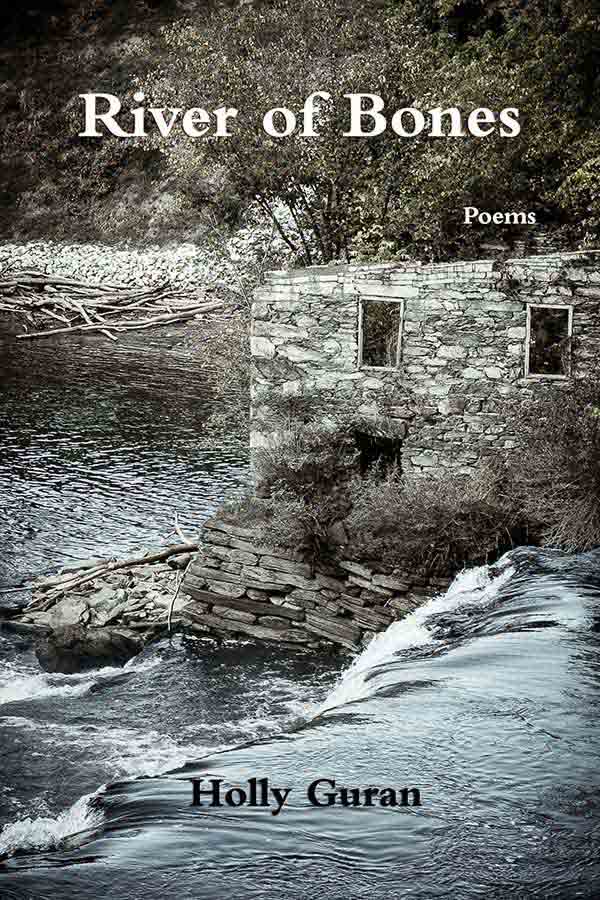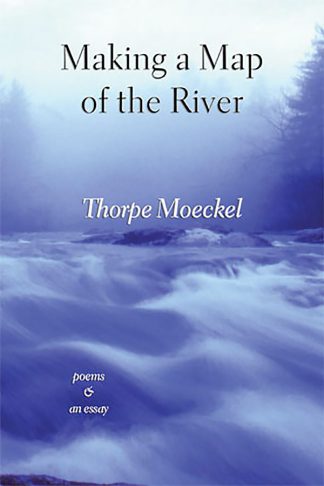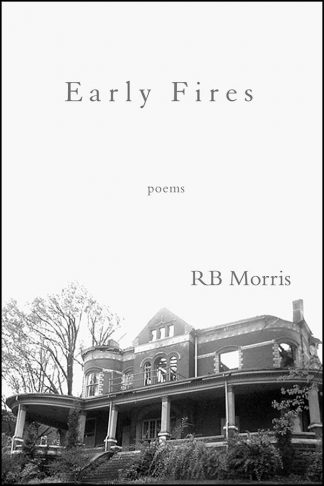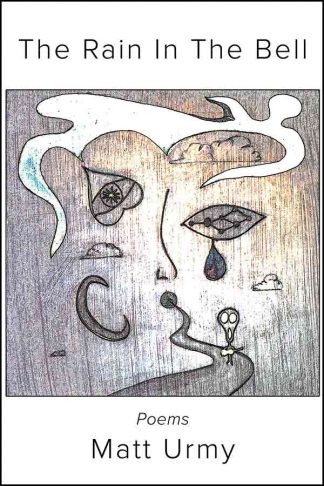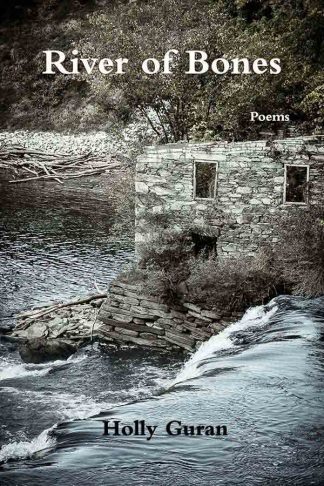Description
Blessed with an ear finely tuned to multiple layers of music in language, and in the world, Holly Guran’s poems delight in deep and abiding ways. She is an accomplished craftswoman whose subtle rendering of the figures of speech draw the reader into these poems, whether she’s writing about the magic of the natural world, or about gritty mill town life. She never wavers in her careful attention to getting the words right, and to revealing ways of feeling and thinking that have the power to make us free.
—Bruce Weigl, author of The Abundance of Nothing (2013 finalist for Pulitzer Prize in Poetry)
River of Bone invites us into a world that is rich in detail yet elusive in its explorations: “a dark channel… whose course is hidden, dense.” Artfully mingling a variety of forms and voices, Holly Guran evokes “those who came before,” whose tracks “form, dissolve, form again”: first her own ancestors and immediate family, then the nineteenth-century Lowell mill girls. In these and other poems, social concerns—race, war, labor, class—emerge subtly but surely from careful research, acute observation, and a finely-tuned poetic sensibility.
—Martha Collins, author of White Papers
River of Bones is both Lethe, the river of dark oblivion, and the deep, indelible pang of ancestral remembrance articulated in the marrow. We know it when we feel it, and we feel it on every page of this remarkable book. It is a measure of Holly Guran’s scrupulously felicitous voice that her poems acknowledge what cannot be retrieved as a check against false sublimity, and a genuine register of what precious little can–the sure sign of a craft that knows its limits. In one of her very beautiful meditations on the Lowell mill workers, “Archeology,” the poem ends: “What / we resurrect / carries back / so little of them.”
Austere and sensuous, lyrical and meditative, the verse so alive to its generous energies and its various voices, these poems are lipid and distilled, intimate and unforced. They sing from the hidden wellsprings of the psyche: “Is it wrong / to want you near? / I have always feared your closeness. / Outside the trees, / heavy with white blossoms, / lower themselves into the river.”
—George Kalogeris, author of Dialogos
